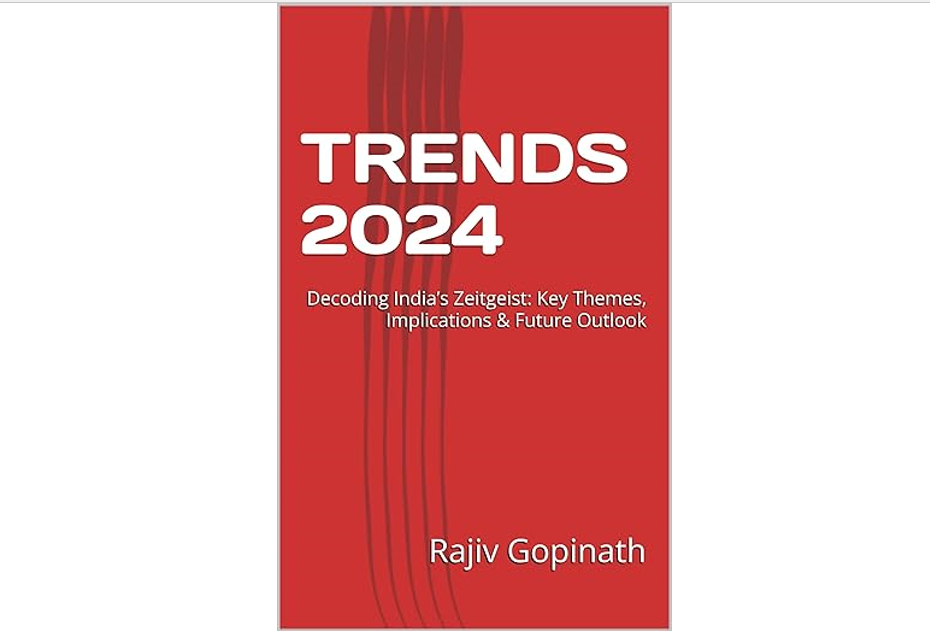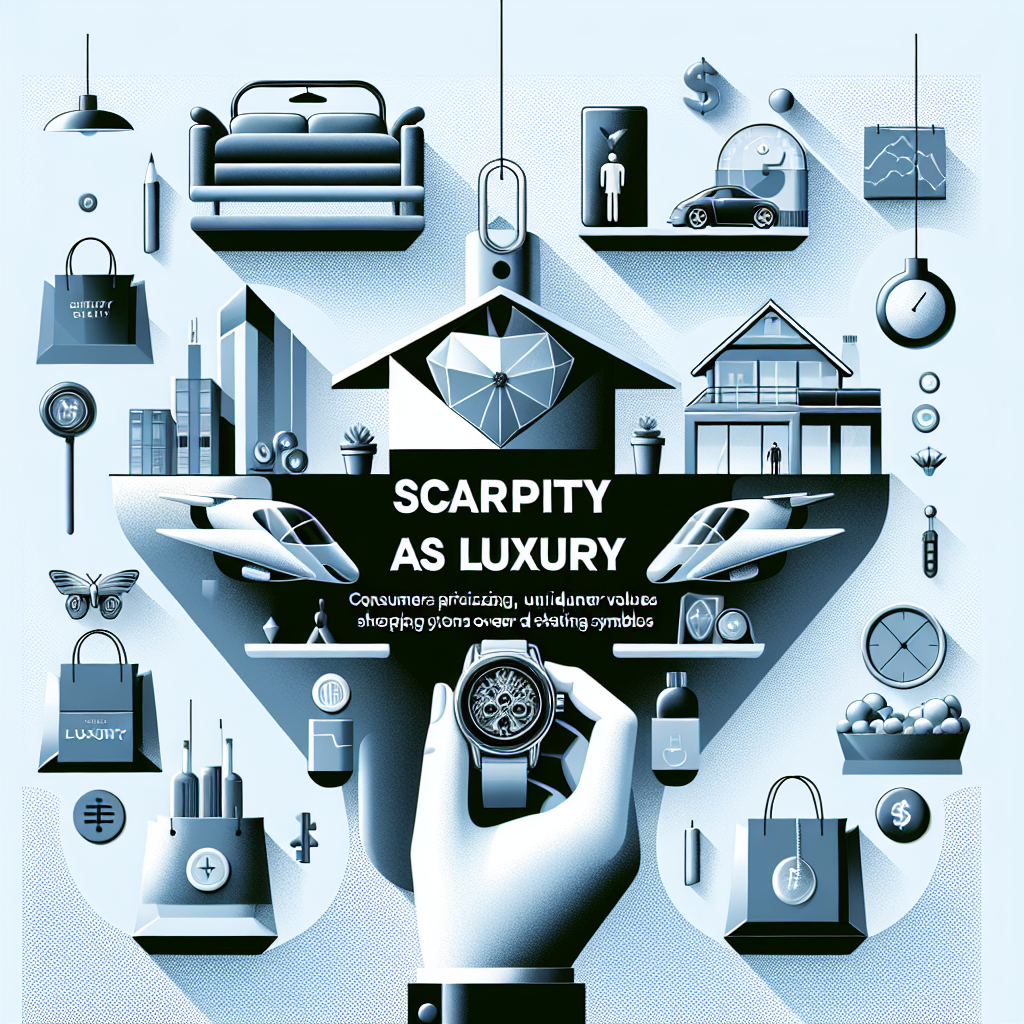Authentic Partnerships: Aligning with Like-Minded Brands
Walking through a pop-up marketplace in Brooklyn last weekend, Rebecca encountered something remarkable. A Gen Z-led sustainable fashion brand had created an immersive experience in collaboration with an organic skincare company and a regenerative agriculture startup. As she browsed, the brand’s 24-year-old founder explained their approach. “We don’t call them partnerships,” she said, adjusting a display of upcycled denim. “We call them alignments. These aren’t just business relationships—they’re shared missions that amplify each other.”
As a crowd gathered, drawn in by the collaborative storytelling and authentic energy, Rebecca saw firsthand how these connections had evolved. For this new generation of entrepreneurs, partnerships weren’t about transactions—they were about purpose. It was a vivid example of how Gen Z is redefining collaboration as a powerful expression of shared values.
Introduction
Generation Z, more than any preceding cohort, approaches consumption as an extension of personal identity and values. Born between 1997 and 2012, these digital natives have developed heightened sensitivity to authenticity, particularly in how brands align with causes and other companies. This generation has redefined brand partnerships, transforming them from mere marketing tactics into authentic expressions of shared purpose that must withstand intense scrutiny across digital ecosystems.
Research by Morning Consult reveals that 73% of Gen Z consumers investigate brand partnerships before making purchasing decisions, while data from the Edelman Trust Barometer indicates that 82% expect collaborating organizations to demonstrate genuine commitment to shared values rather than short-term commercial interests. These statistics underscore why authentic partnerships have become crucial strategic assets rather than optional marketing initiatives.
1. Collaborating with Value-Aligned Companies
The partnership landscape has evolved dramatically from traditional co-branding opportunities selected primarily for audience reach to strategic alliances built upon foundational value compatibility. Generation Z consumers possess sophisticated abilities to detect disconnects between stated values and partnership choices, often responding with swift criticism when inconsistencies emerge.
Forward-thinking organizations now implement comprehensive alignment frameworks that evaluate potential partners across multiple value dimensions beyond surface-level brand perception. Patagonia exemplifies this approach through its rigorous partnership selection process, requiring potential collaborators to meet specific environmental standards and demonstrate actionable commitments to shared causes rather than performative declarations.
Academic research from the Journal of Consumer Psychology reveals that Gen Z consumers process brand partnerships as social relationships, applying similar authenticity expectations they would to personal connections. This conceptualization represents a fundamental shift from earlier generations who viewed brand collaborations primarily through transactional or aesthetic lenses. As consumer behavior specialist Dr. Amanda Rodriguez notes, "For Gen Z, partnerships function as relationship triangles where value misalignment with one partner contaminates perceptions of the other."
2. Co-Creating Meaningful Campaigns
Partnership execution has transcended traditional cross-promotion to embrace genuine co-creation processes where collaborating organizations develop integrated initiatives that neither could achieve independently. Generation Z responds most positively to partnerships that generate novel contributions to important conversations rather than merely amplifying existing messages.
Leading brands now implement collaborative development models that involve both organizations throughout the creative process rather than retrofitting campaign elements post-development. The Ben & Jerry's and Tony's Chocolonely partnership demonstrates this approach, with both companies contributing expertise to create products addressing shared concerns about ethical sourcing while developing educational components that elevate industry standards.
Marketing research firm Kantar's analysis indicates that partnerships featuring authentic co-creation generate 47% higher engagement rates among Gen Z consumers compared to traditional cross-promotional approaches. This differential highlights the importance of partnership integration beyond logo placement or superficial endorsement. As cultural anthropologist Dr. Michael Steinberg observes, "Gen Z possesses remarkable abilities to discern the difference between partnerships built through meaningful collaboration versus those assembled primarily for commercial convenience."
3. Sharing Mutual Goals
The most resonant partnerships transcend individual campaigns to establish ongoing commitments toward shared objectives with measurable impact. Generation Z expects transparency regarding partnership goals, progress metrics, and accountability mechanisms when organizations claim mutual purpose.
Innovative brands implement partnership governance frameworks that establish clear objectives, measurement methodologies, and public reporting structures. Microsoft and Ocean Cleanup exemplify this approach through their technology alliance that established specific marine plastic reduction targets, transparent impact measurement, and regular progress reporting—creating accountability structures that demonstrate commitment beyond marketing narratives.
Research from Harvard Business School demonstrates that partnerships communicating specific shared goals experience 63% higher trust ratings among Gen Z consumers compared to those presenting generalized common interests. This finding contradicts earlier marketing assumptions that vague aspirational messaging creates broader appeal, highlighting instead the importance of concrete objectives in establishing authentic connections with younger audiences.
Conclusion: The Future of Brand Partnerships
As emerging technologies continue transforming the marketing landscape, authentic partnerships will become increasingly central to brand strategy rather than supplementary tactical considerations. Organizations must recognize that Generation Z evaluates partnerships as extensions of core identity rather than independent marketing initiatives.
The most successful brands will integrate partnership strategy within foundational purpose work rather than developing it separately within marketing departments. This holistic approach creates competitive advantages through strengthened authenticity perception, deeper engagement, and expanded impact opportunities with like-minded organizations pursuing complementary missions.
Call to Action
For organizations seeking to build authentic partnerships resonating with Generation Z:
- Conduct a values assessment identifying core principles that should guide partnership selection beyond traditional audience and commercial considerations.
- Develop cross-functional partnership evaluation frameworks incorporating perspectives from sustainability, operations, and ethics functions in addition to marketing expertise.
- Implement co-creation methodologies that involve potential partners from initial ideation rather than during execution phases only.
- Establish transparent goal-setting mechanisms with public accountability measures demonstrating genuine commitment to shared impact.
- Measure partnership effectiveness through dedicated authenticity metrics beyond traditional exposure and revenue indicators, including trust enhancement, purpose alignment perception, and collaborative impact measures.
The organizations that will thrive in the evolving partnership landscape are those recognizing that authentic alignment represents not just a marketing strategy but a fundamental expression of what they truly stand for in the marketplace of both commerce and ideas.
Featured Blogs

TRENDS 2024: Decoding India’s Zeitgeist: Key Themes, Implications & Future Outlook

How to better quantify attention in TV and Print in India

AI in media agencies: Transforming data into actionable insights for strategic growth

How the Attention Recession Is Changing Marketing

The New Luxury Why Consumers Now Value Scarcity Over Status

The Psychology Behind Buy Now Pay later

The Rise of Dark Social and Its Impact on Marketing Measurement

The Role of Dark Patterns in Digital Marketing and Ethical Concerns








